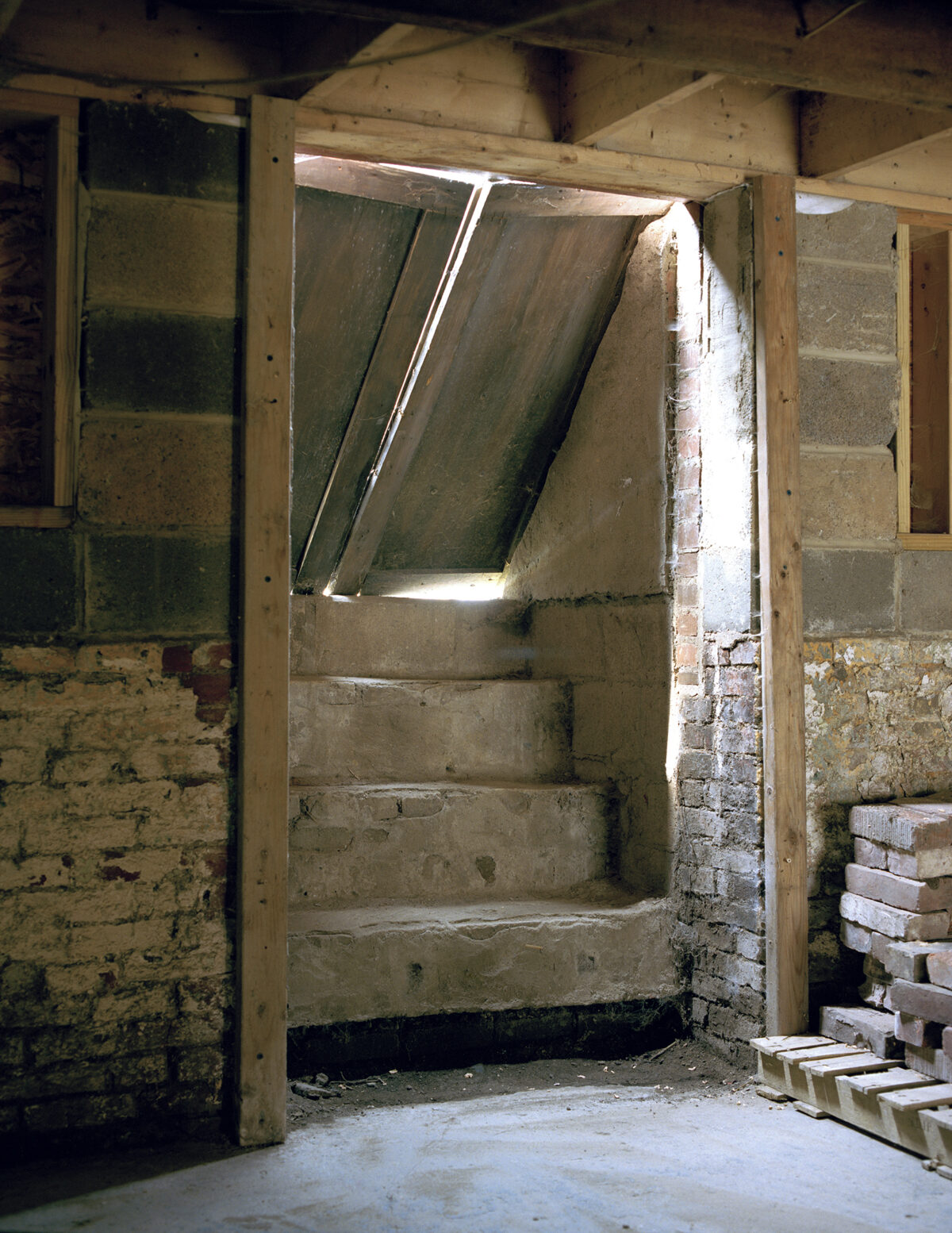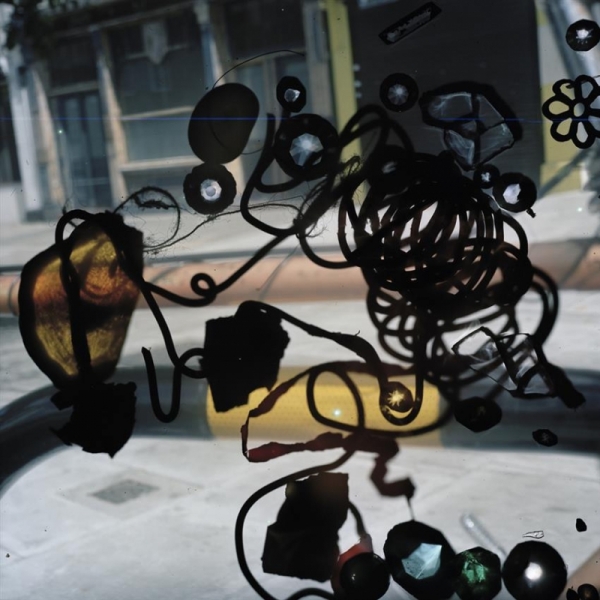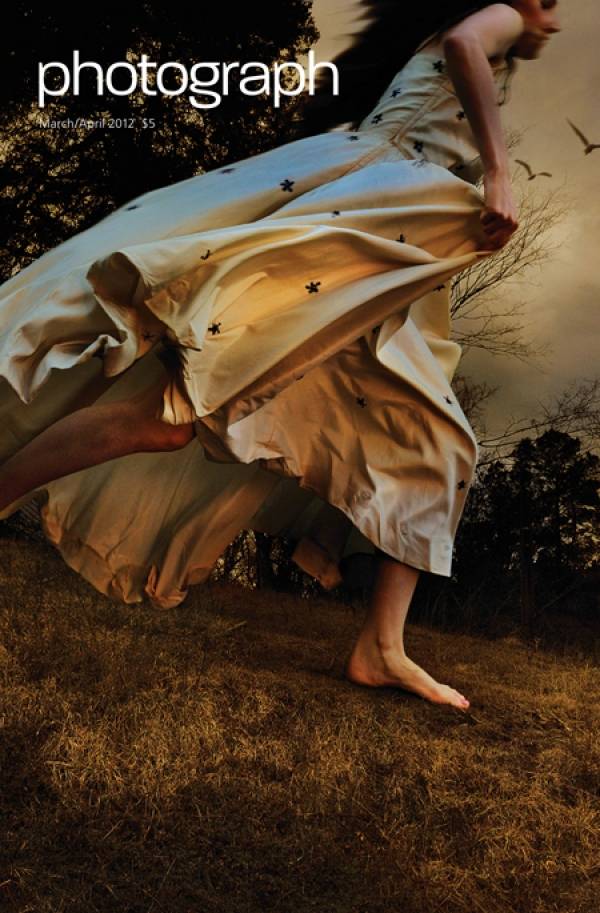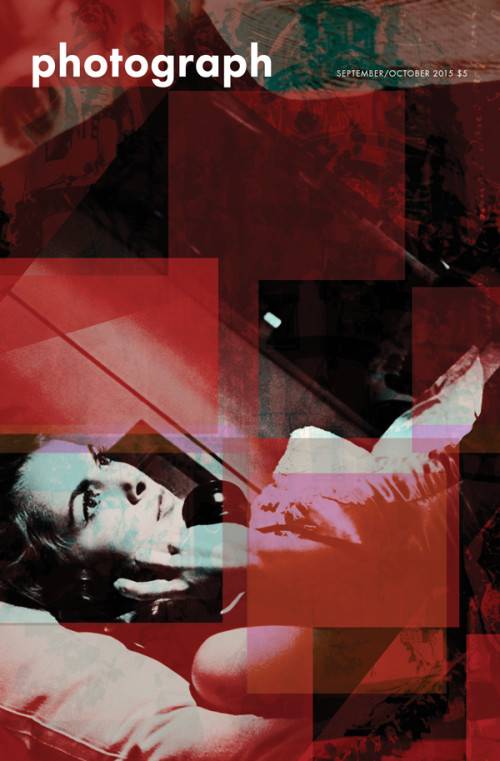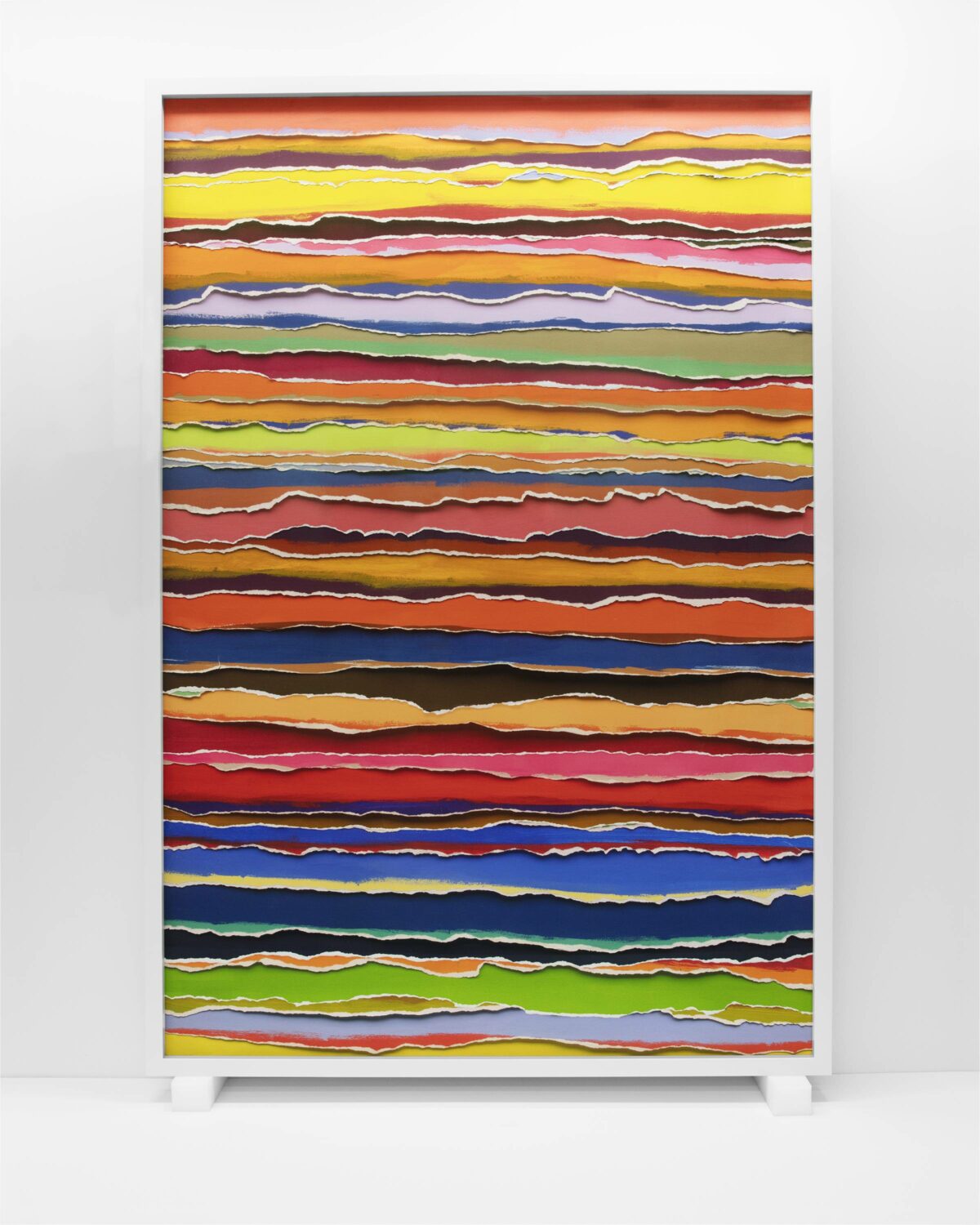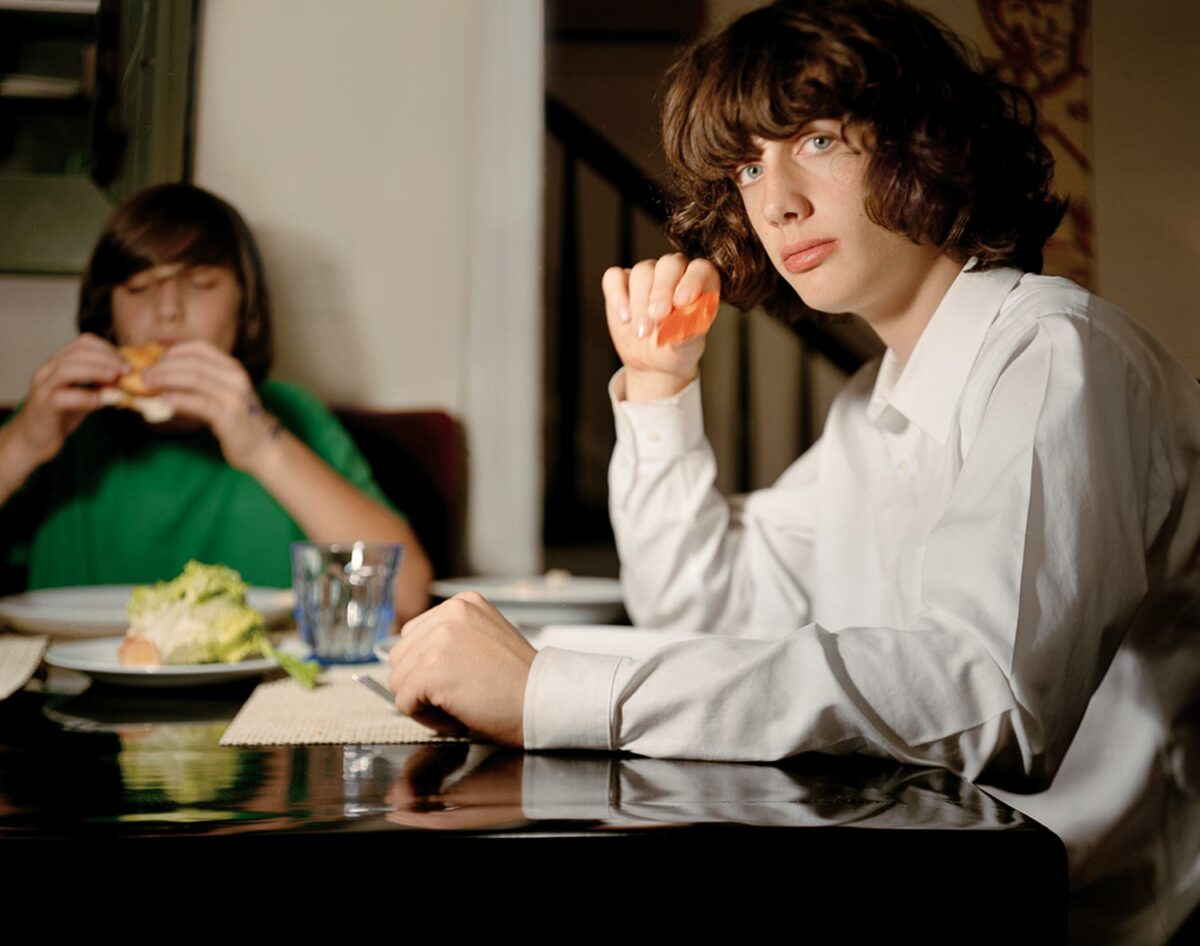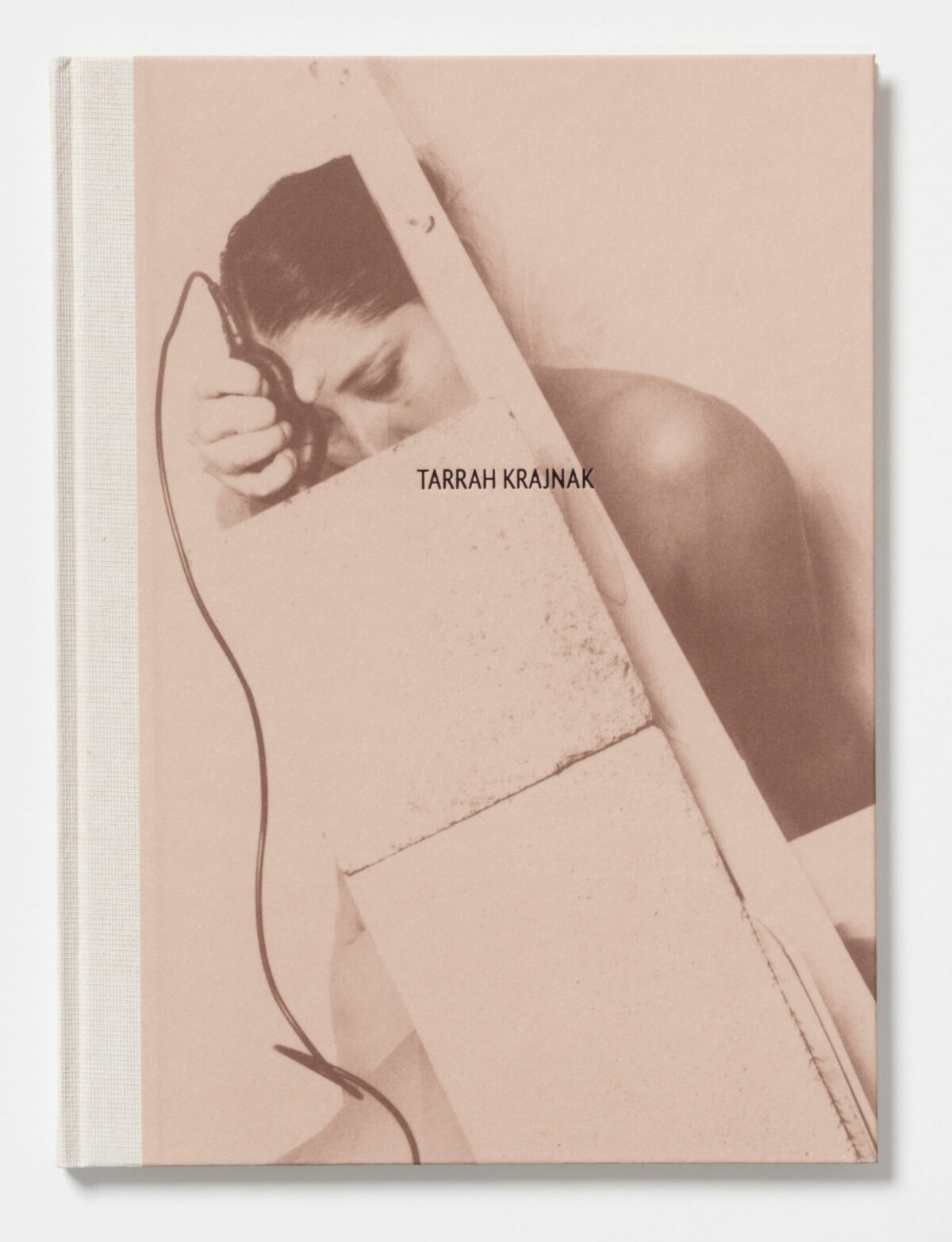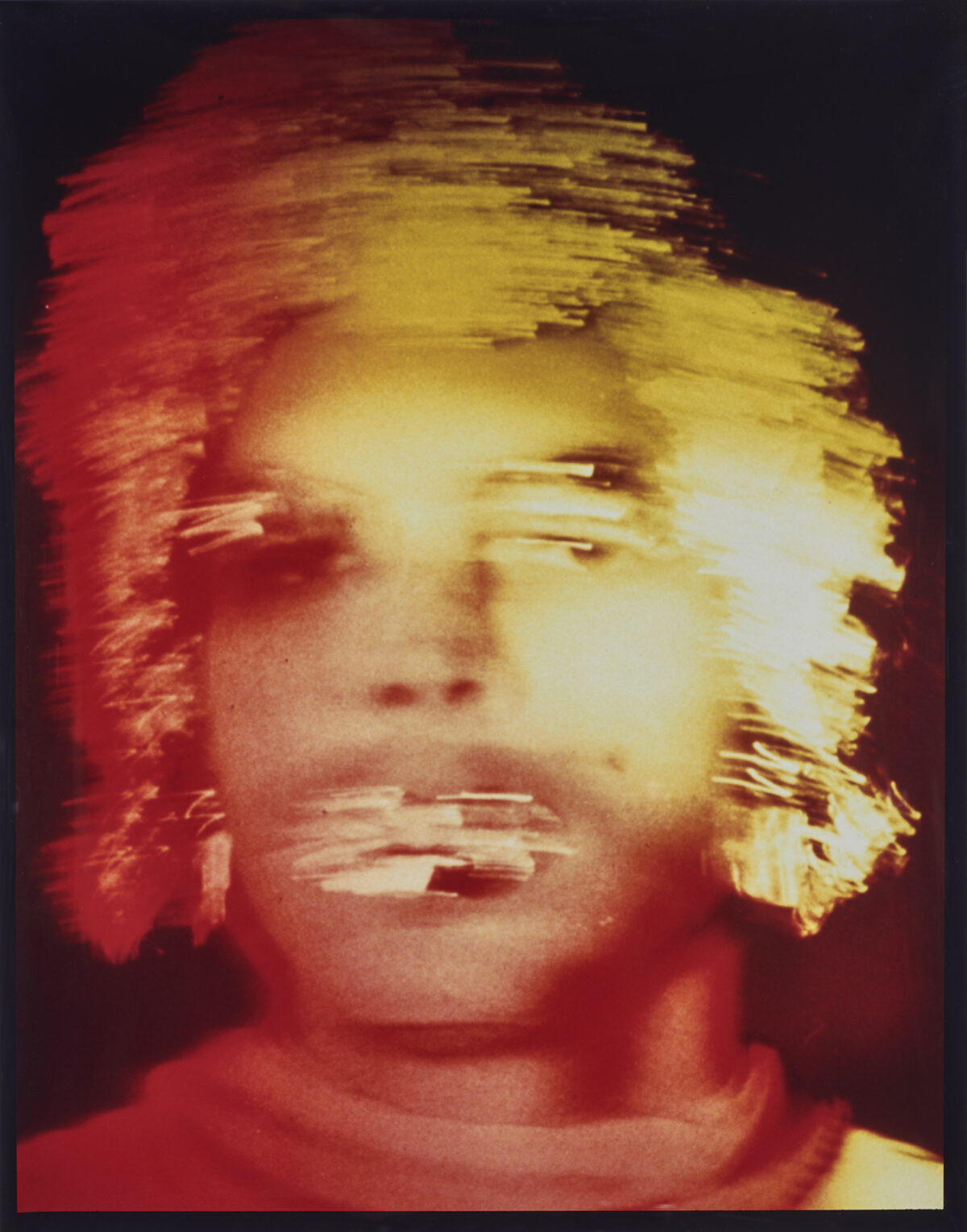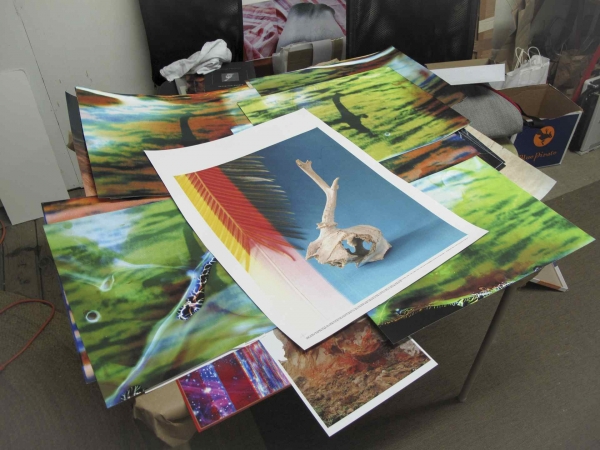To helm any non-profit arts institution, you’ve got to have an impressive and flexible skill set – and Hannah Frieser, director of the Center for Photography at Woodstock, would probably be perfect for her job even without her resumé. Sure, she has more than 20 years of arts administration experience (and is a writer, curator and photographer to boot), but most importantly, she’s a hybrid of can-do realist and idealist. As the CPW enters is 40th year, its programming and profile is strong as ever. Nevertheless, Frieser (who took over for her friend and colleague Ariel Shanberg) is not one to coast. She and her staff spent a weekend ripping up the carpets and exposing burnished wood floors; she created new opportunities for local artists (with no less than 40 regional studio visits planned in 2017), and even in the midst of a storied institutional history, asked good questions about the roots of CPW and how they could best be served. “I love the idea that we can always shape who we are – that we are never fully cooked, we are never fully done. That’s why I’m always trying to dig deeper and ask things like: ‘Why do we actually have an artist-in-residence program? Is what we’re doing in reality expressing what we are doing in the abstract?’ I’m of the firm belief that I know only a tiny sliver of what there is to know. Also, I like to roll up my sleeves and get to work.”
Softspoken, with jet-black hair and a German accent, Frieser, 48, was born in Stuttgart, Germany, to a Mexican-American mother and German father. From a young age, she was always working with her hands, encouraged by her mother (who had taught crafts and special education) to pursue and perfect any craft – be it dipping candles, spinning wool, soldering, or macramé. Frieser fell in love with photography at eight years old, using an Instamatic camera and printing in a neighbor’s darkroom.
At 19, she left to visit her grandmother in Dallas for what was intended to be a three-month trip. She stayed, studying at two local community colleges and seriously pursuing a career in photojournalism. She ultimately realized it wasn’t for her. “I respect photojournalism,” she says, “but it’s not my calling.” Arts administration for the Society for Photographic Education was. As soon as Frieser transferred to the University of Texas at Arlington, she began working for the non-profit, tackling larger and larger projects, doing panels, national conferences, and outreach over the course of 12 years, even during her graduate studies at Texas Woman’s University. Before she had time to finish her M.F.A. thesis, Light Work in Syracuse hired her. In 2004 she became associate director, and eventually director (working under Executive Director Jeffrey Hoone). She curated exhibitions, oversaw the publication of Contact Sheet, ran the artist-in-residence program, managed the darkroom, and was responsible for half the budget.
In 2013, Frieser left. She took a hiatus to travel and eventually crossed the country by car to join CPW this year. Currently, Frieser is hard at work on a show of international women artists “who have changed the perception of their world in an imaginary or a physical way.” It eschews the usual themes of beauty and maternity and self esteem. Its title is Then She Moved On.


